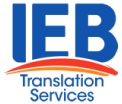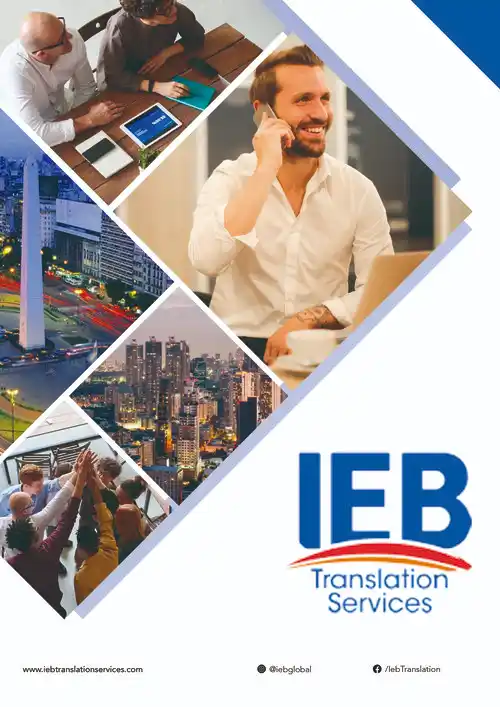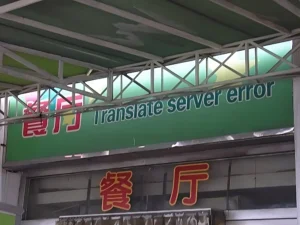As well-known pharmacovigilance translations entail sensitivity, it takes care and effort to attain perfection. Hiring a professional translation service is one’s best bet for obtaining reliable and accurate translations, which are non-negotiable.
What Could Go Wrong?
The following are the top risks of inaccurate pharmacovigilance translations.
1. Consumer Risk

The stakes in pharmacovigilance translations are higher than most, with the quality of the deliverable relying heavily on the accuracy and effectiveness of translation. Since the text aims to inform consumers about the product’s effects and risks, pharmacovigilance translation services have direct health consequences on customers. Therein, one wrong translation potentially poses a threat to the target reach.
2. Illegalities
On the surface, using translation services may seem expensive; however, opting not to use them does little to cut back costs. Pharmacovigilance translations gone wrong, sometimes have legal repercussions when translations do not follow specific rules, especially in global markets. These errors could be punishable by sanctions or fines, which only cost more than hiring a professional linguist.
3. Brand Image Damage
Poorly translated text, one way or another, reflects on a company’s brand image, making it look unprofessional. In such a case, it is hard for the audience to trust the pharmacovigilance organization and its message. Hiring a patent translation company would best serve a company with high-quality translations.
Takeaway
Pharmacovigilance translations require knowledge in the area and an understanding of technical and specific terms. Putting your translation project in the hands of someone without these qualities puts your content at risk of incorrectness. You can assign your task to language experts for translation services with us. Call us for any questions about our pharmacovigilance translations.




